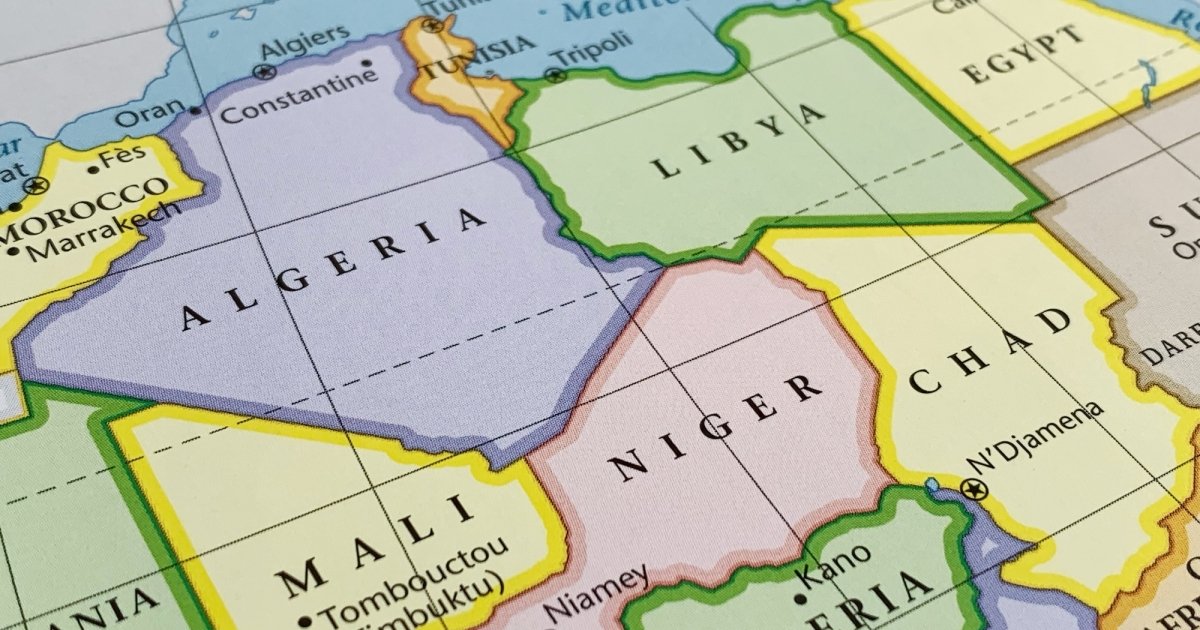Maghreb prosperity index highlights contrasting development paths in Algeria, Tunisia, and Morocco

While Algeria emerges as a regional leader, Tunisia and Morocco face distinct challenges despite their relative advantages within the African context.
Algeria: A Clear Regional Leader
Topping the Maghreb with a score of 40.36 points, Algeria secures the third position in Africa, trailing only Mauritius (41.05) and Seychelles (40.77).
This strong performance reflects Algeria’s robust economic structure, underpinned by its hydrocarbon resources, efforts toward economic diversification, effective governance, and expansive domestic market.
Tunisia: A Promising Middle Ground
Tunisia ranks sixth in Africa with a score of 32.25 points, placing it in the “low prosperity” category (30–40 points).
Despite lagging behind Algeria, Tunisia’s score highlights the country’s strides in modernizing and diversifying its economy, even as it grapples with persistent socio-economic challenges.
Morocco: Challenges Temper Potential
Morocco, with a score of 30.02 points, ranks eighth in Africa, narrowly avoiding the “very low prosperity” category.
Although its position is relatively favorable within Africa, the nation faces significant hurdles, particularly in improving human development and reducing economic inequality.
A Tale of Divergent Paths
The Prosperity Index underscores a pronounced gap between Algeria and its Maghreb neighbors, with a 10-point difference separating Algeria and Morocco.
This disparity reflects varying structural factors, including economic models, resource utilization, and social policies.
Algeria’s reliance on its natural resources contrasts with Tunisia and Morocco’s efforts to build diversified economies, albeit with mixed success.
Regional Strengths and Challenges
The Maghreb benefits from relatively developed infrastructure and ongoing economic diversification, which contribute to its favorable position in Africa.
However, common challenges persist. These include improving the Human Development Index (HDI), addressing inequalities, boosting national savings, and modernizing economic frameworks to enhance competitiveness.
Path Forward
According to the HelloSafe report, achieving greater prosperity in the Maghreb will require concerted efforts in several areas.
Prioritizing human development, reducing inequalities, and increasing savings capacity are essential for supporting long-term investments.
Economic modernization remains a critical goal to ensure sustainable and inclusive growth.
The Maghreb’s ability to overcome these challenges and capitalize on its opportunities will largely determine its future standing in global prosperity rankings.
About The Author
dailymailafric
I am an avid African news observer, and an active member of Daily Mail Africa.
I’m Passionate about staying informed on diverse topics across the continent,
I actively contribute to publishing on political, economic and cultural developments in Africa.



